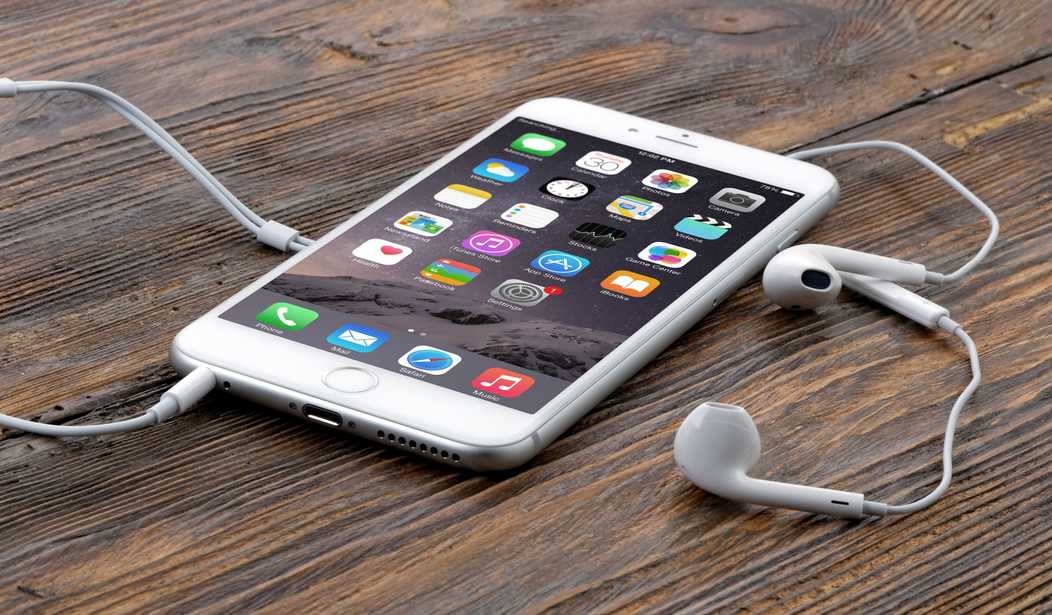Geekbench developer John Poole was trying to figure out why his wife’s iPhone was running so slow. He discovered that Apple has purposely been adding software updates to older phones to slow down the speed by throttling the processor, the part that determines how fast tasks are completed, everything from opening your camera, to surfing the web, to reading email.
When confronted by Poole’s discovery, Apple admitted that what Poole had reported was true. Apple explained that they have slowed down the iPhone 6, 6s, and SE to “smooth out the instantaneous peaks only when needed to prevent the device from unexpectedly shutting down.”
Apple went on explain, “Our goal is to deliver the best experience for customers, which includes overall performance and prolonging the life of their devices. Lithium-ion batteries become less capable of supplying peak current demands when in cold conditions, have a low battery charge or as they age over time, which can result in the device unexpectedly shutting down to protect its electronic components.”
“Last year we released a feature for iPhone 6, iPhone 6s and iPhone SE to smooth out the instantaneous peaks only when needed to prevent the device from unexpectedly shutting down during these conditions,” Apple said. “We’ve now extended that feature to iPhone 7 with iOS 11.2, and plan to add support for other products in the future.”
It’s true that batteries deteriorate with repeated recharging. Typically, they fall to 80 percent capacity after 300 recharges and 60 percent after another 300 cycles. That means in two years of normal use the battery is barely adequate to get through a half day’s use.
But Apple could certainly have handled the issue much differently. They could simply have warned users that their batteries needed to be replaced. Apple charges $80 to do this, and it could then make the phone operate as fast as it was when new. They could certainly provide more explanation about battery life and its limitations. How many buyers of phone costing close to $1000 realize their battery will last just two years?
Apple should give the choice to the customer to replace the battery while explaining that in the interim, they will slow down the speed to prevent it from shutting down.
But being transparent is not always the Apple way, and the company has always been on the defensive about the battery life in their smartphones. Because their design goal was to make the phones as thin as possible, the batteries used were usually 50 percent to 70 percent of the capacity of a Samsung phone.
What’s also puzzling is that the processor is not the main culprit that taxes the battery. It’s the display that consumes up to 10 times the amount of power when performing most tasks, as detailed in this study by Aaron Carroll of the University of New South Wales.
There has been suspicion for years that Apple has slowed down their phones through software updates to encourage users to migrate to the newer models. Apple’s lack of transparency here just fuels that rumor, whether intentional or not.
What do you think? Is it a way to improve the phone’s performance, or a secret maneuver to get users to buy a new phone?









Join the conversation as a VIP Member